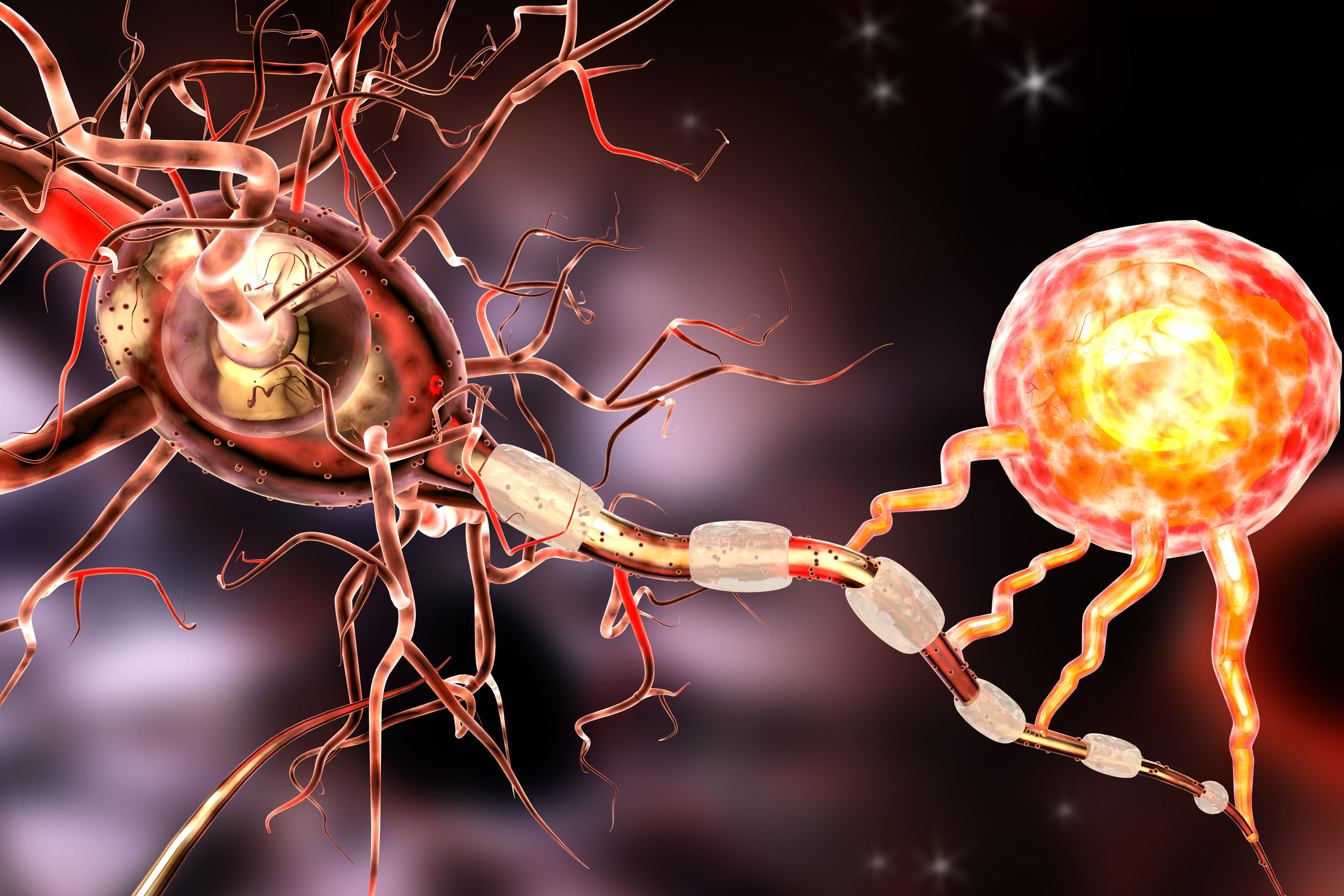Multiple Sclerosis symptoms (MS)
What is multiple sclerosis? An expert explains
Multiple sclerosis (MS) is a disease that disables the brain and spinal cord (central nervous system).
In MS, the protective structure of the defensive sheath (myelin) that covers the nerve follows and leads to problems with the correspondence between your brain and the rest of your body. Ultimately, the disease can cause significant nerve damage.
The signs and symptoms of MS vary widely and depend on the amount of nerve damage and the affected nerves. Some people with severe MS may lose the ability to walk independently or at all, while others may experience long periods of remission without developing any new symptoms.
There is no cure for multiple sclerosis. Be that as it may, medicines can assist with speeding recuperation from assaults, adjust the course of the illness, and oversee side effects.
symptoms
Nervous system damage associated with MS
Myelin damage and the nervous system open a pop-up dialog
The signs and symptoms of multiple sclerosis can vary greatly from person to person and throughout the disease depending on the location of the affected nerve fibers. Symptoms often affect movement, such as:
- Numbness or weakness in one or more limbs that usually occurs on one side of your body at a time, or in your legs and torso
- The sensation of electric shock that occurs with certain movements of the neck, especially forward bending of the neck (Lermitt's sign)
- Tremor, lack of coordination, or unsteady gait
Vision problems are also common, including:
- Midway loss or complete loss of vision, usually in each eye in turn, often with pain during eye movement
- extended double vision
- blurry vision
Symptoms of multiple sclerosis may also include:
- unclear
- fatigue
- Dizziness
- Tingling or pain in parts of your body
- Problems with sexual function, bowel, and bladder
When do you see a doctor?
See a specialist assuming you experience any of the above side effects for obscure reasons.
Disease course
Most people with MS have a relapsing and relapsing disease course. They experience times of new side effects or backslides that create over days or weeks and as a rule improve to some degree or totally. These relapses last quiet periods that can last for months or even years.
Small increases in body temperature can temporarily worsen signs and symptoms of MS, but these are not considered true relapses.
At least 50% of people with relapsing-remitting MS develop a steady progression of symptoms, with or without periods of remission, within 10 to 20 years of disease onset this is known as secondary progressive multiple sclerosis.
Exacerbation of symptoms usually includes movement and gait problems. The rate of disease progression varies widely among people with secondary progressive MS.
Some people with MS have a gradual onset and steady progression of signs and symptoms without any relapses, known as primary progressive multiple sclerosis.


Post a Comment